Doomed are the ones who look for truth in this age of post-truth. Director Michihito Fujii recreates the eponymous novel by Isoko Mochizuki for the screen in the Japanese-original political thriller Netflix series ‘The Journalist.’ The suspenseful story follows four characters — a journalist, an Economy graduate, a finance analyst, and an assistant to the First Lady — whose lives come at a crossroads with the eruption of a nationwide scandal.
The cat and mouse chase between the government and its people leave us with a cliffhanger, and the touchy nature of the story does not delve too much into details. Thanks to the corrupt government, several aspects remain blacked out. If you seek to revisit the final moments from close quarters, that’s where we come in. SPOILERS AHEAD.
The Journalist Season 1 Recap
The story opens with the arrest of Shinjiro Toyoda, business tycoon and advisor to the cabinet with an AI scam under his name. However, the legal authority lets him go. Another scandal crops up regarding the prestigious Eishin Academy School. The allegations entail the Prime Minister selling public land to the private owner of the school at water’s rate. Hisashi Nakagawa, the special advisor to the Prime Minister, denies all the allegations in a press conference. The finance ministry gets down to action when the situation goes out of hand.
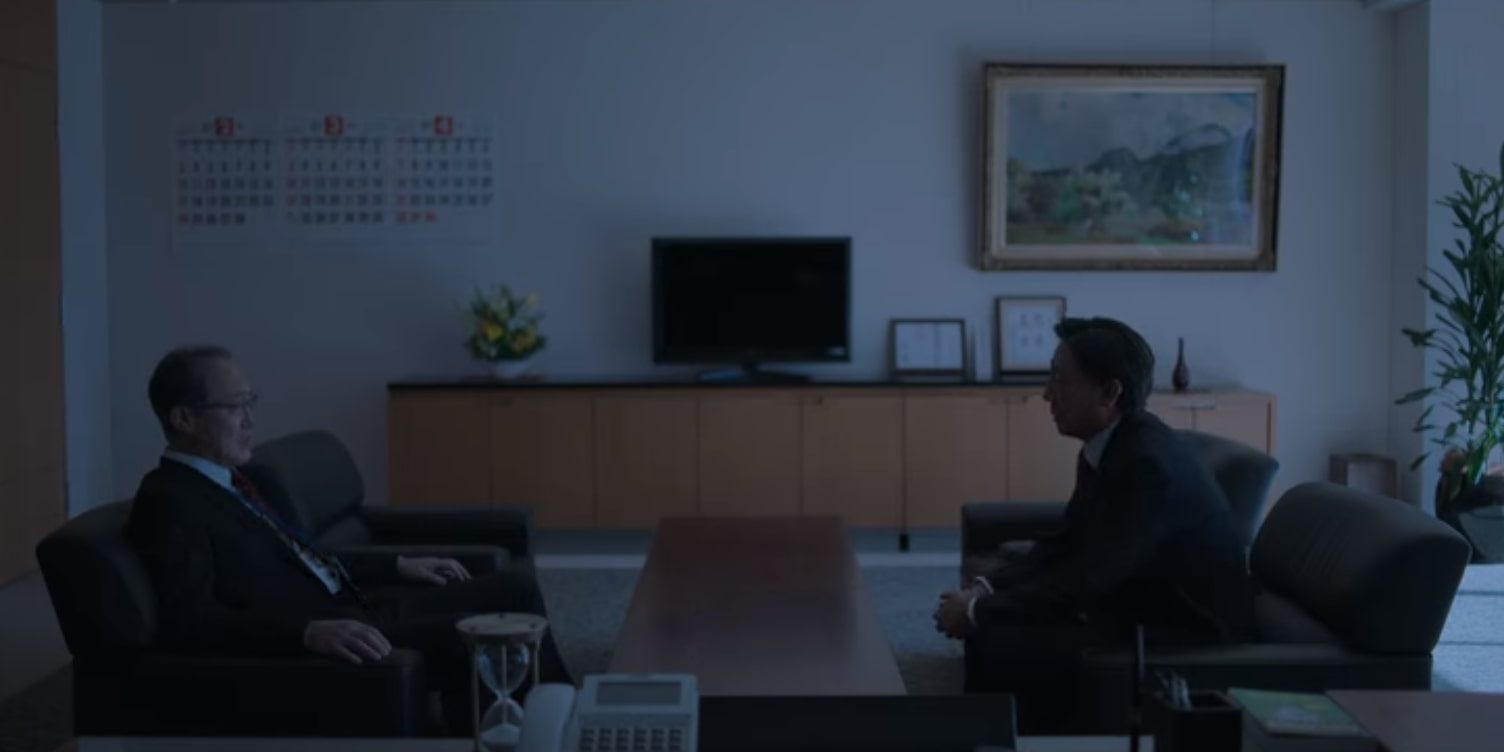
Kurosaki reaches out to Kazuya Suzuki at the Chubu Local Finance Bureau, ordering to tamper the documents. Meanwhile, Anna Matsuda from Touto News gets a hold of Mr. Murakami, assistant to the first lady, for a possible scoop. Mr. Murakami does not know Anna, but he knows Anna’s brother, his former colleague at the cabinet office. Anna’s brother Kohei Matsuda upgraded from a PR job to a white-collar job at the cabinet. However, he is fighting for his life in a state of vegetation for some mysterious reason.
After getting demoted from the assistantship, Murakami is transferred to CIRO (Cabinet Intelligence Research Office) under the directorship of Tada. After a mild protest, Suzuki agrees to change the documents, but he asks Kurosaki to let his junior colleagues leave the office. People demand finance chief Mouri reveal the documents. Meanwhile, Maicho gets ahead of Touto News by releasing the news of tampering. When Matsuda’s interrogation at the press conference goes viral, people bash her on Twitter.
Mouri resigns from service under pressure and takes the blame himself. While he acknowledges the involvement of the Chubu Local Bureau and the Ministry of Finance, he firmly denies any involvement of the PM or the First Lady. After going through moral turmoil, Kazuya Suzuki takes his own life, but he leaves the evidence of alteration at the hands of Kurosaki. Kurosaki gets promoted to Mouri’s post. The police prosecute 24 people, including General Mouri, regarding the case, but the perpetrators get away scot-free.
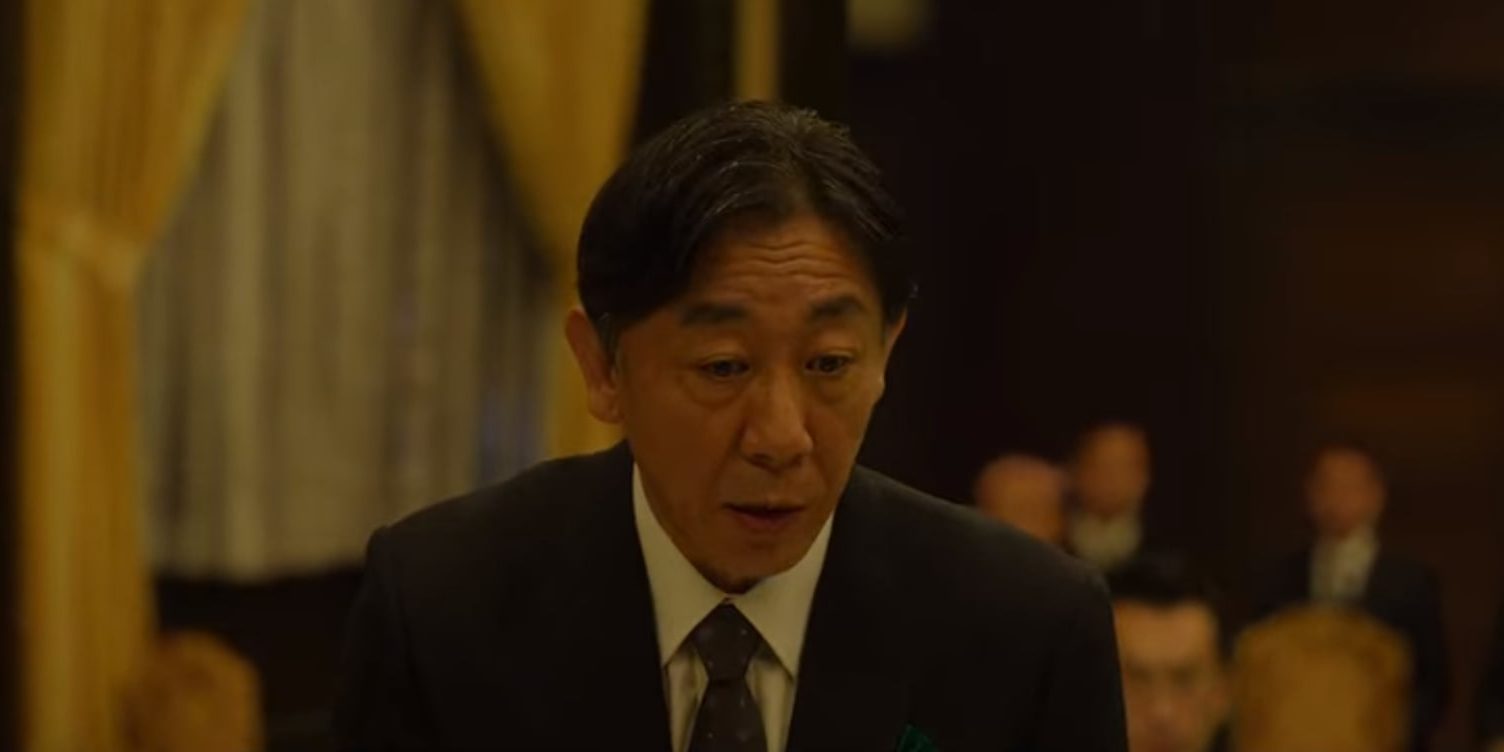
Bureaucrats visit Kazuya’s wife, Mayumi Suzuki, to ask about any loose ends, like a suicide note. After the legal authority drops the case, the story becomes stale. But the tweet by pop icon Ai keeps the debate alive. When Anna’s journalistic work posits threat, Tada asks CIRO officials to launch a smear campaign against her. Their leverage is Kohei Matsuda’s ailment, seemingly proving Anna’s bias in the related case.
Ryo Kinoshita, Suzuki’s nephew, visits Matsuda after perceiving the hatred against her on media. Ryo takes Anna to Mayumi, who gives her Suzuki’s suicide note. However, back at the office of Touto News, the administration is under pressure, and Anna’s boss denies covering the news. On the other hand, Murakami thinks of whistleblowing as the real reason behind Kohei’s ailment, but he becomes too visible in the process.
Mayumi wants the truth to come out — but she looks at the investigation reports to find most of it blacked out. With the gloom of the pandemic hovering over the nation and the world, the government finds new ways to deter journalists from unmasking the truth. It seems that change is impossible in this intrinsically corrupt system, but Anna tries to convince Murakami to come out in the open.
The Journalist Season 1 Ending: What Is The Eshin Academy Scandal? Who Is Responsible?
The Eshin Academy Scandal is the most recent one in a slew of scandals under the current administration of Japan. The AI subsidiary scandal and the Olympic scandal are other mishaps discussed in the series. We sense that it all adds up to the Olympics since the bureaucrats seem relieved when they know that the pandemic may postpone the Olympics. The nature of the scandal entails that it must remain a secret until the whole truth comes out.
The Eshin Academy Scandal lies at the centerpiece of the puzzle, but we do not quite realize the enormity of the scandal until death occurs. The scandal in question involves the ministry selling public land to the school owner at a heavily discounted price. While it may not seem much in the bigger scheme of things, it sure paints a black spot on the face of the democratic framework of the nation.
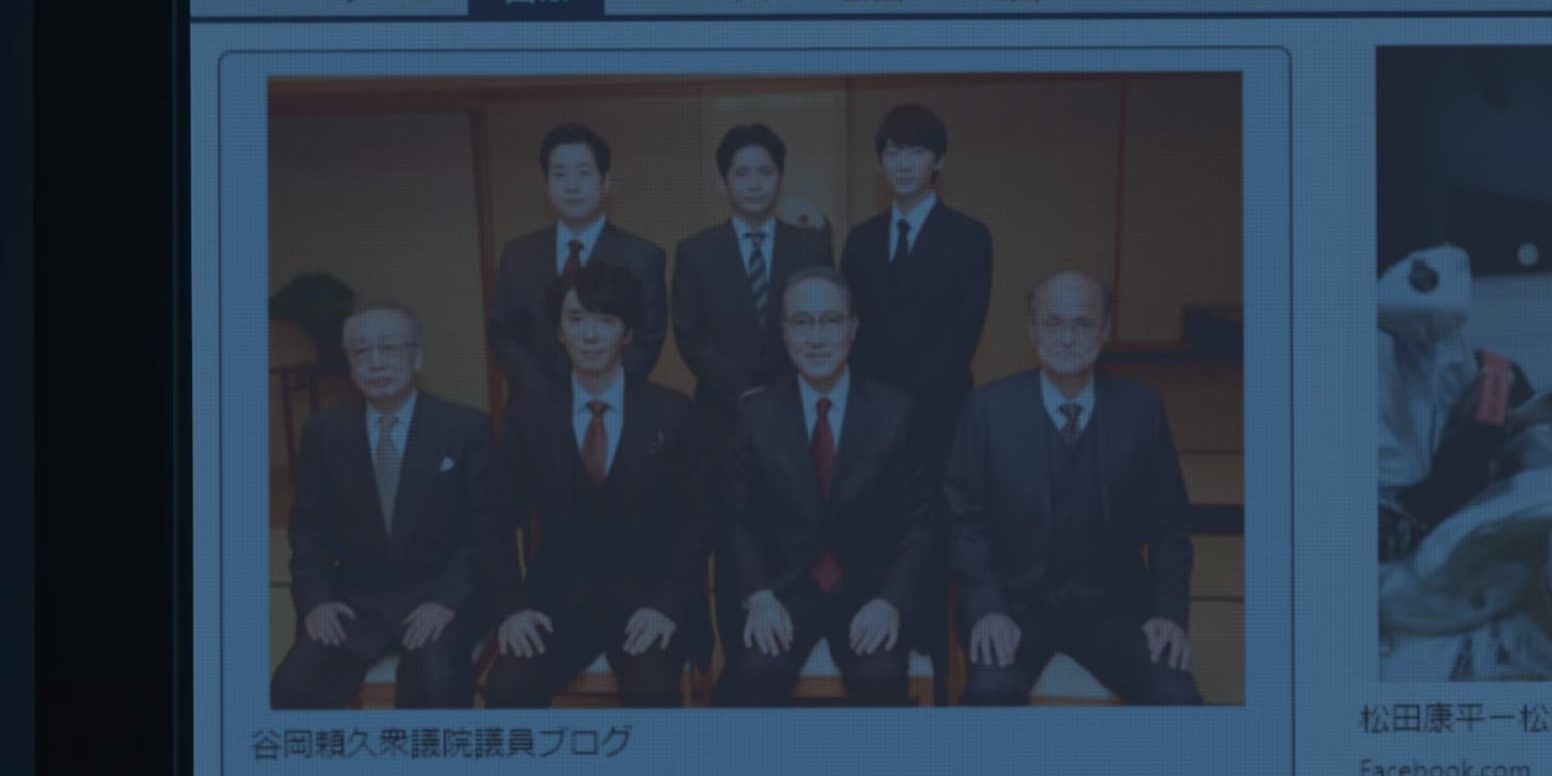
The swift cover-up of the scandal sends the message that those at the top get rich at the expense of those at the bottom. The distinction between the top and the bottom is crucial in tracing back to the central perpetrator of the sanctioned crime. After the scandal erupts, Kazuya Suzuki gets to cover it up. Suzuki is a righteous person who cannot let go of his wrongdoings.
When the police come to his place, he sobbingly confesses his role in the cover-up. He covertly records a statement delineating his role in the case. Suzuki puts the message in a USB drive, gives it to Kurosaki, and hangs himself. While the follow-up story gets mixed up in cacophonous signifiers, we feel the urge to know the person responsible for the decision to sell the land.
When Murakami protests to his senior officer Tada, the officer firmly states that Murakami bargained the price on behalf of the First Lady. While the world crashes in front of Murakami with such an allegation, we understand he is a victim of the system and not altogether devoid of emotions. However, he lets his feelings get better of him when he lashes out at Shinjiro Toyoda.
Reflecting on Murakami’s statement, it seems that Toyoda was calling the cards, but we cannot deny the involvement of former Finance Director Mouri and the rest of the bureaucrats. Possibly, despite the denial of the officers, the Prime Minister and the First Lady may have been personally involved. The series finally chronicles the banality of evil — individual wrongdoings become ordinary when the individuals work as a system. Therefore, it seems that not one person but the entire system is responsible for the scandal.
Does Murakami Agree To Testify?
Anna meets Murakami for an interview in the first episode. The story comes full circle when Anna and Murakami meet each other in the hospital room of Kohei Matsuda. After whistleblowing on the AI subsidiary scandal, Kohei steps in the shoes of Toyoda. Toyoda is a vicious bureaucrat who would go to any length to serve his interests and those in power. Murakami initially evades the questions, but Ryo and Anna inspire him to bring the truth out in the open. When the suicide note of Suzuki comes out, the administration is already cornered. But not losing hope, Tada asks Murakami to dig into the personal lives of the people pursuing the truth.
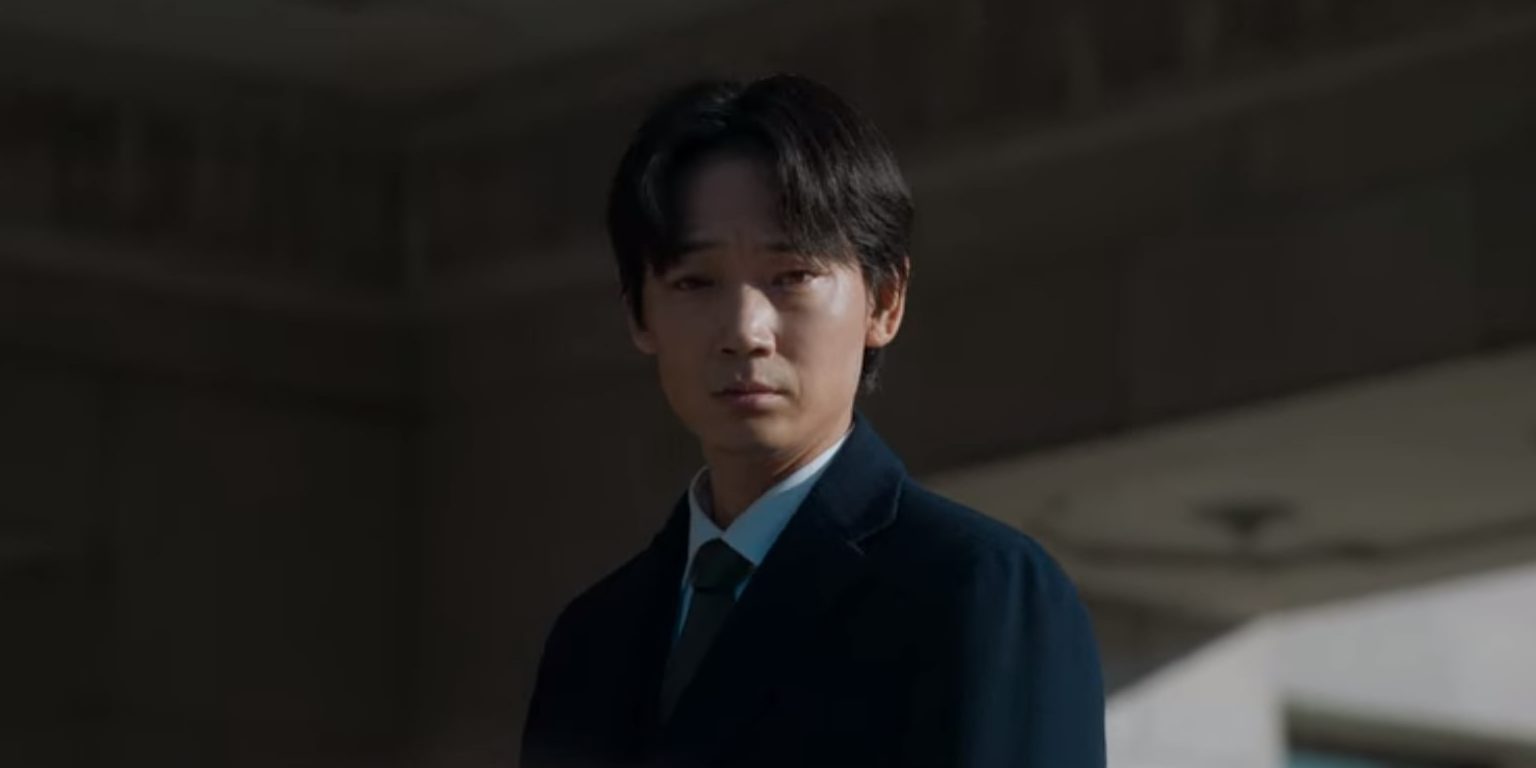
Murakami has seen Kohei being crushed under the pressure of the system. When his harsh words cannot alter Toyoda’s position, Murakami thinks of going public. It may tarnish his career, but the thought of opening a bento lunch restaurant with his wife makes Murakami smile. The season ends with Anna and Ryo meeting Murakami outside the courtroom while preparing to start the Eshin Academy Trial. Murakami firmly states that this is the time for a change. We guess he has found his voice amidst the din. However, we do not know what he says at the trial — we have to wait for another season before hearing his statement.
Read More: Where Is The Journalist Filmed?

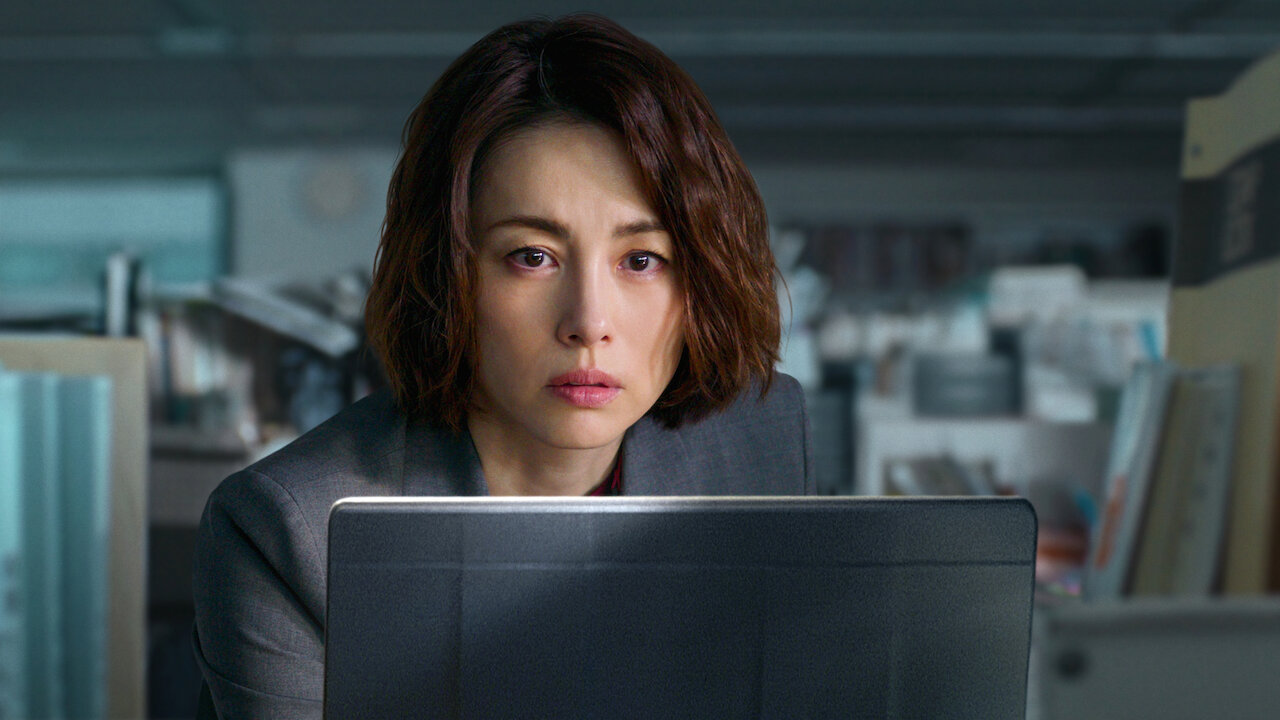
You must be logged in to post a comment.